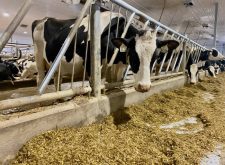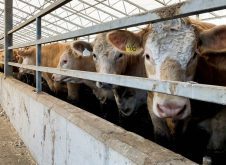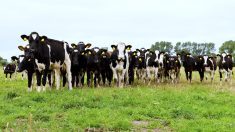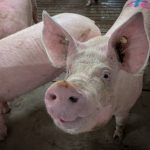Alberta dairy producers take President Donald Trump’s threats against Canadian dairy seriously, but they aren’t in a panic, says the chair of Alberta Milk.
“I think we need to take this threat seriously because what we’re seeing from the U.S. administration is an administration that is unpredictable,” said Tom Kootstra, who farms near Ponoka.
The mercurial U.S. leader vowed to put an end to supply management for dairy after Wisconsin-based Grassland Dairy Products said it would stop taking milk from 75 producers because it had lost Canadian buyers of diafiltered milk, which is used as a food ingredient.
Read Also
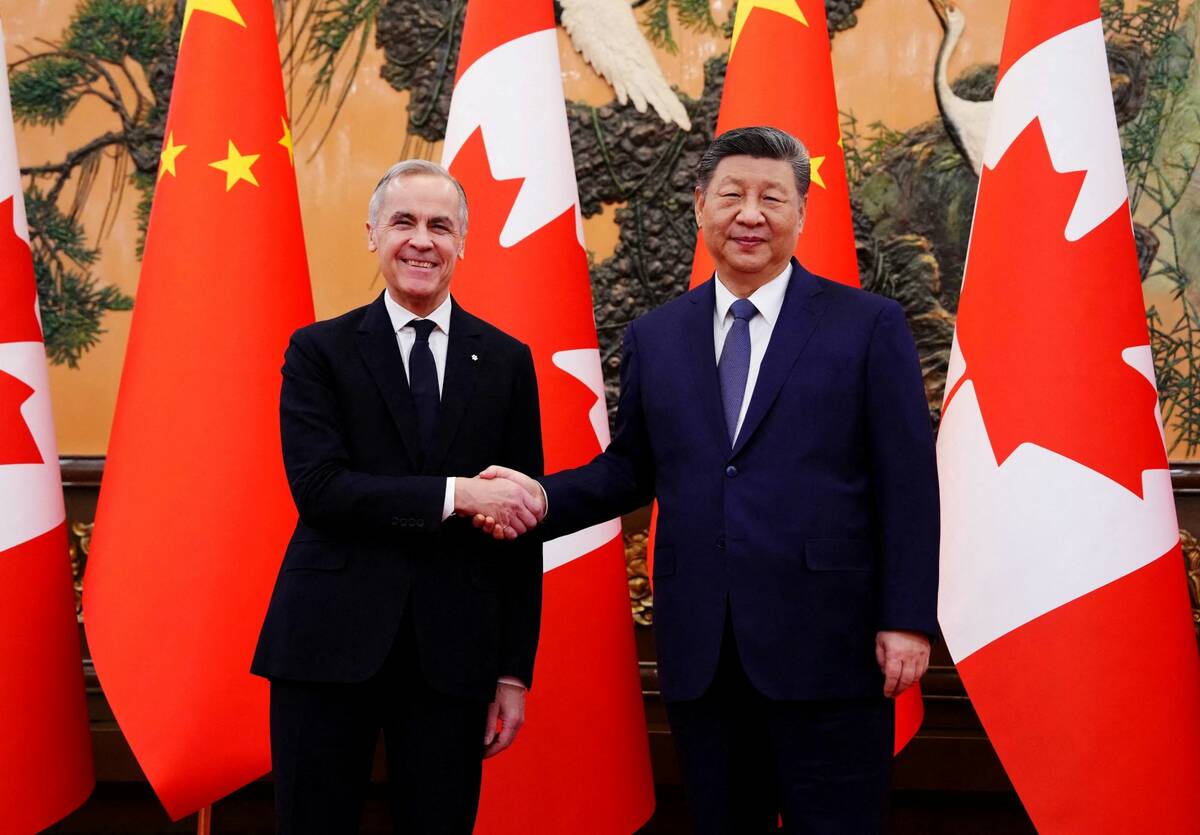
Pragmatism prevails for farmers in Canada-China trade talks
Canada’s trade concessions from China a good news story for Canadian farmers, even if the U.S. Trump administration may not like it.
“Canada has made business for our dairy farmers in Wisconsin and other border states very difficult,” Trump tweeted last month. “We will not stand for this. Watch!”
The hot-button issue has attracted a lot of attention, but some American dairy farmers have been speaking out in support of Canadian dairy.
“Producers in Washington argue that Canada should not be used as a scapegoat on this Grassland issue specifically,” said Kootstra, who runs 150 dairy cows with his wife and two of his sons. “They point out that the U.S. issue is the overproduction of milk, and it needs to find a way to manage its overproduction to meet the market.”
Canada is a sovereign nation, and supply management supports farm families and rural economies, said Kootstra, who is transitioning his farm to his children. Moreover, he said, imports only account for three or four per cent of the U.S. market, while Canada allows 10 per cent.
“There are more cows in Wisconsin than in all of Canada,” said Kootstra, who represents Alberta’s 521 dairy farms. “About 400 to 500 producers exit the dairy industry each year in Wisconsin alone.”
Kootstra said he feels sympathy for the 75 American producers (most had found other milk buyers by late April), but U.S. dairy producers need to address the volatility in their own market.
“One thing that is concerning on this is the (mainstream) media attention,” said Kootstra, adding the Grassland issue has been characterized by misunderstandings and false news.
“It just angers me and blows my mind.”
He said his organization has done an excellent job of communicating to its membership and there are not many worried producers calling the office about Trump’s remarks and the risk to Canadian dairy.
“I’m not aware of members calling Alberta Milk to get information,” he said. “Alberta Milk has been on top of this file.”
Producers can find out how his organization has responded to media inquiries by going to the “Members Only” page of Alberta Milk’s website, he said.





